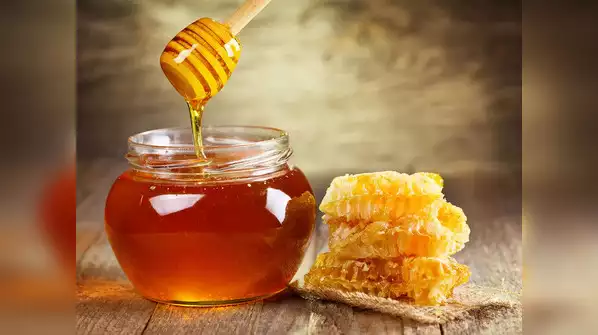Hawaii, with its lush landscapes and unique biodiversity, offers an ideal environment for sustainable beekeeping. As the demand for organic honey and environmental conservation rises, more beekeepers in Hawaii are adopting sustainable practices. This article delves into what makes beekeeping in Hawaii unique and how sustainable methods can benefit both bees and the environment.
Why Sustainable Beekeeping Matters
Beekeeping is vital not only for honey production but also for the pollination of various crops. However, traditional beekeeping methods can sometimes contribute to environmental degradation. Sustainable beekeeping focuses on:
- Minimizing environmental impact.
- Promoting bee health and biodiversity.
- Supporting local ecosystems.
By adopting these practices, beekeepers in Hawaii can protect the environment while ensuring the long-term viability of their hives.
The Unique Environment of Hawaii
Hawaii’s isolated location and diverse ecosystems make it a unique setting for beekeeping. The islands' varied climates and abundant flora provide a rich source of nectar all year round. However, these same characteristics also make Hawaiian bees susceptible to:
- Introduced pests such as the Varroa mite.
- Habitat loss and changes due to urban development.
- Climate change impacts.
Thus, sustainable beekeeping in Hawaii must consider these factors to maintain healthy bee populations.
Principles of Sustainable Beekeeping
Adopting sustainable beekeeping practices involves several key principles:
1. Integrated Pest Management (IPM)
IPM is an eco-friendly approach that reduces reliance on chemical pesticides. By using techniques such as:
- Regular hive inspections.
- Breeding for disease resistance.
- Encouraging natural predators.
Beekeepers can effectively manage pests without harming bees or the environment.
2. Habitat Preservation
Maintaining and restoring native vegetation is crucial. Beekeepers can:
- Plant native flowers and shrubs.
- Avoid using harmful pesticides and fertilizers.
- Participate in local conservation efforts.
These practices help ensure bees have access to diverse and nutritious forage.
3. Education and Community Engagement
Educating the community about the importance of bees and sustainable practices fosters support and collaboration. Beekeepers can:
- Conduct workshops and seminars.
- Work with local schools and organizations.
- Share their knowledge through online platforms and social media.
Engaging with the community not only spreads awareness but also encourages more people to support sustainable initiatives.
Benefits of Sustainable Beekeeping in Hawaii
The advantages of sustainable beekeeping extend beyond the beekeepers themselves. These practices:
- Enhance biodiversity by preserving native species and ecosystems.
- Improve honey quality, attracting premium markets.
- Foster economic growth by supporting local agriculture and tourism.
Moreover, sustainable practices help ensure the long-term health and productivity of bee colonies.
Challenges and Solutions
Despite its benefits, sustainable beekeeping in Hawaii faces several challenges:
Pest Management
The Varroa mite remains a significant threat. Solutions include:
- Developing mite-resistant bee strains.
- Employing biotechnical control methods.
Climate Change
Changing weather patterns affect flowering times and nectar production. Beekeepers can adapt by:
- Planting climate-resilient crops.
- Monitoring weather patterns to anticipate changes.
Access to Resources
Sustainable beekeeping requires investment in time and resources. Collaborating with local government and non-profits can provide necessary support and funding.
How You Can Support Sustainable Beekeeping
Supporting sustainable beekeeping in Hawaii is simple and rewarding. Here’s how you can help:
- Purchase locally-sourced honey and bee products.
- Join or contribute to local beekeeping associations.
- Advocate for bee-friendly policies in your community.
Your involvement can make a significant difference in promoting sustainable practices and protecting Hawaii’s fragile ecosystems.
Final Thoughts
Sustainable beekeeping in Hawaii is not just a trend but a necessity for the health of our environment and food systems. By embracing these practices, beekeepers can protect their bees and the beautiful Hawaiian landscapes they call home. Whether you're a beekeeper, gardener, or honey enthusiast, taking steps toward sustainability can help ensure a thriving future for bees and biodiversity.
Join the movement toward sustainable beekeeping and play your part in preserving the natural beauty of Hawaii. Discover more about sustainable practices and how you can get involved by following our blog or contacting local beekeeping groups.
Take action today and enjoy the sweet rewards of sustainable beekeeping tomorrow!
